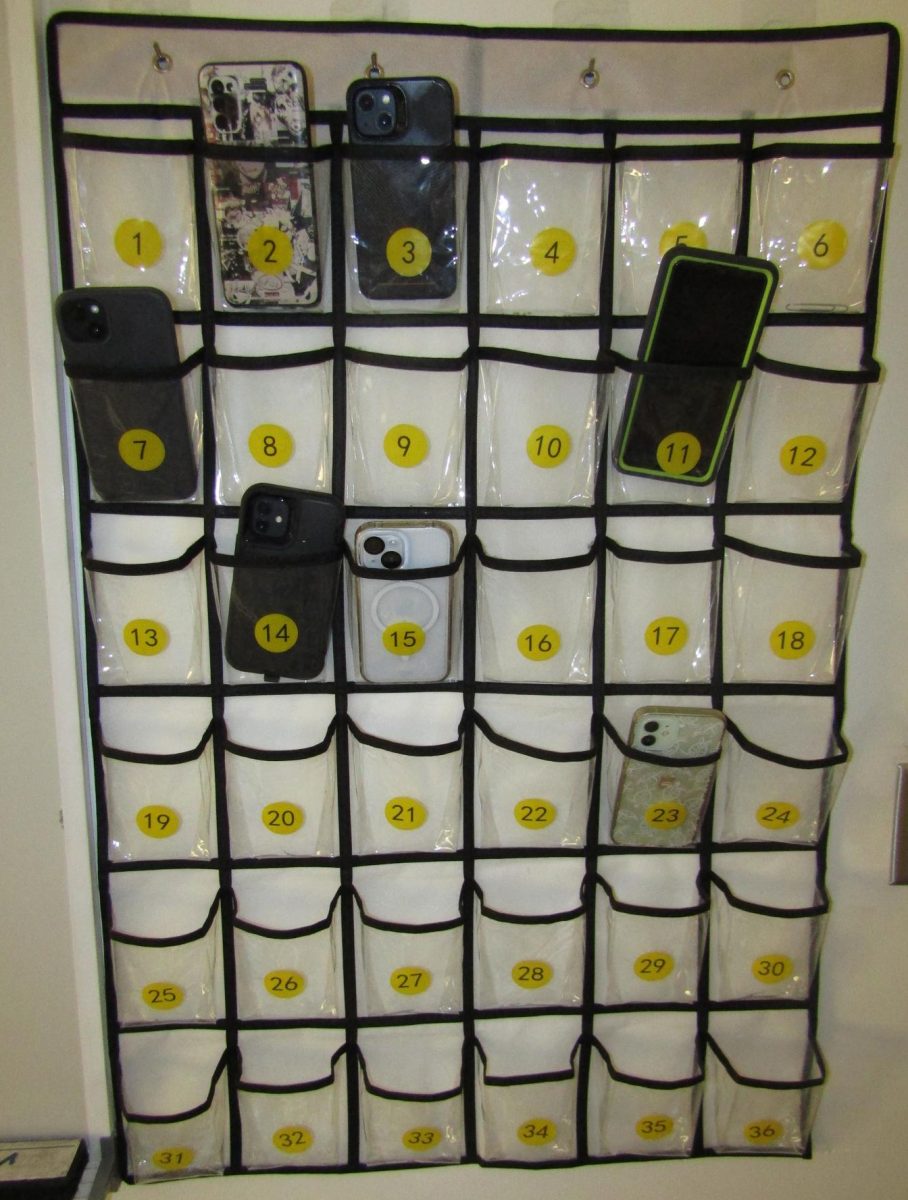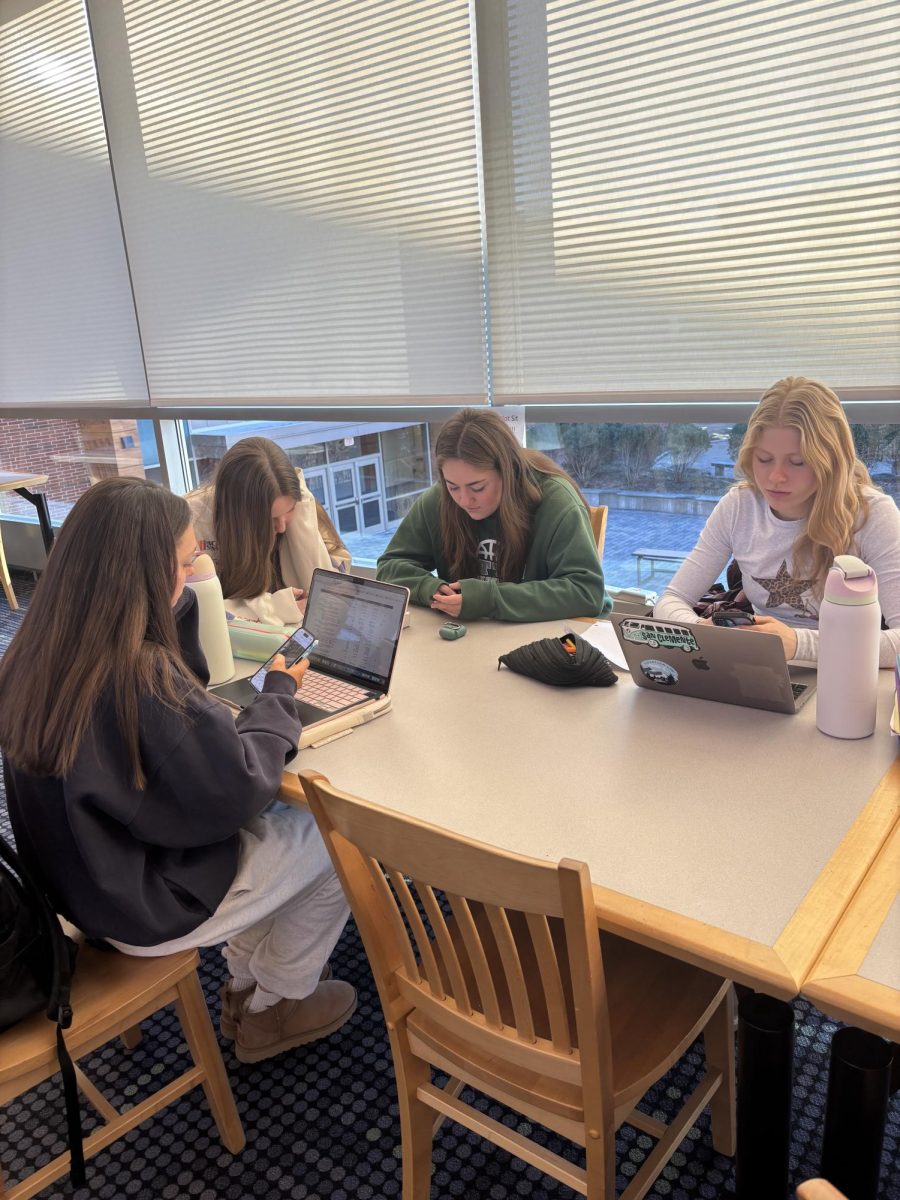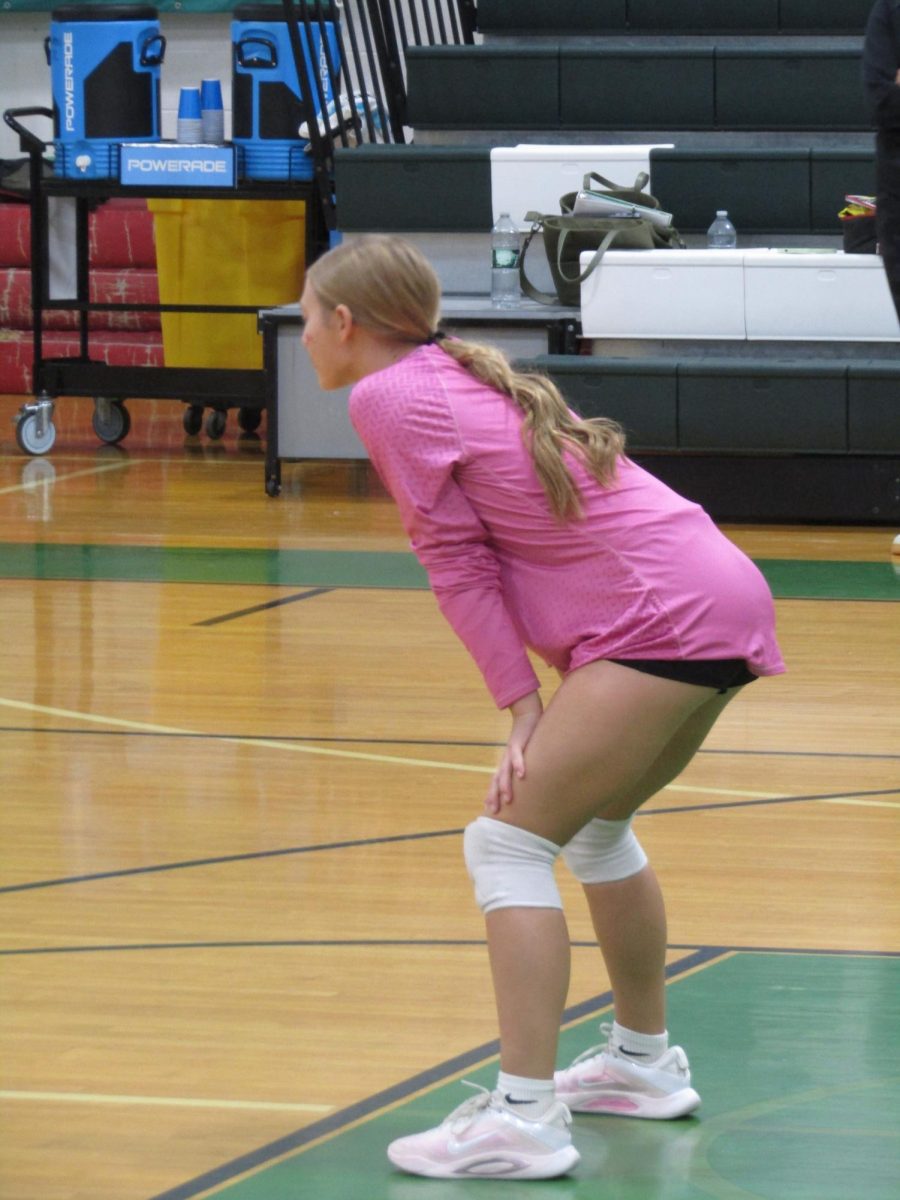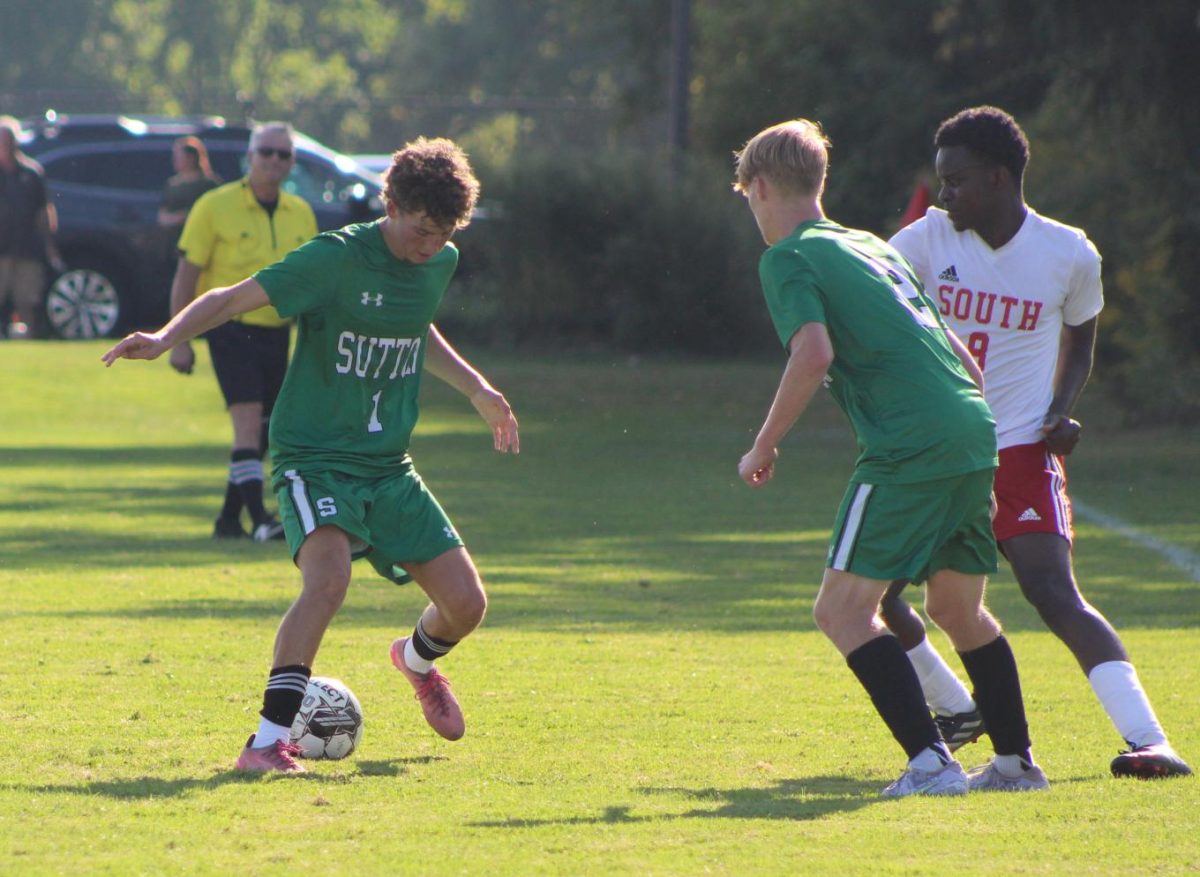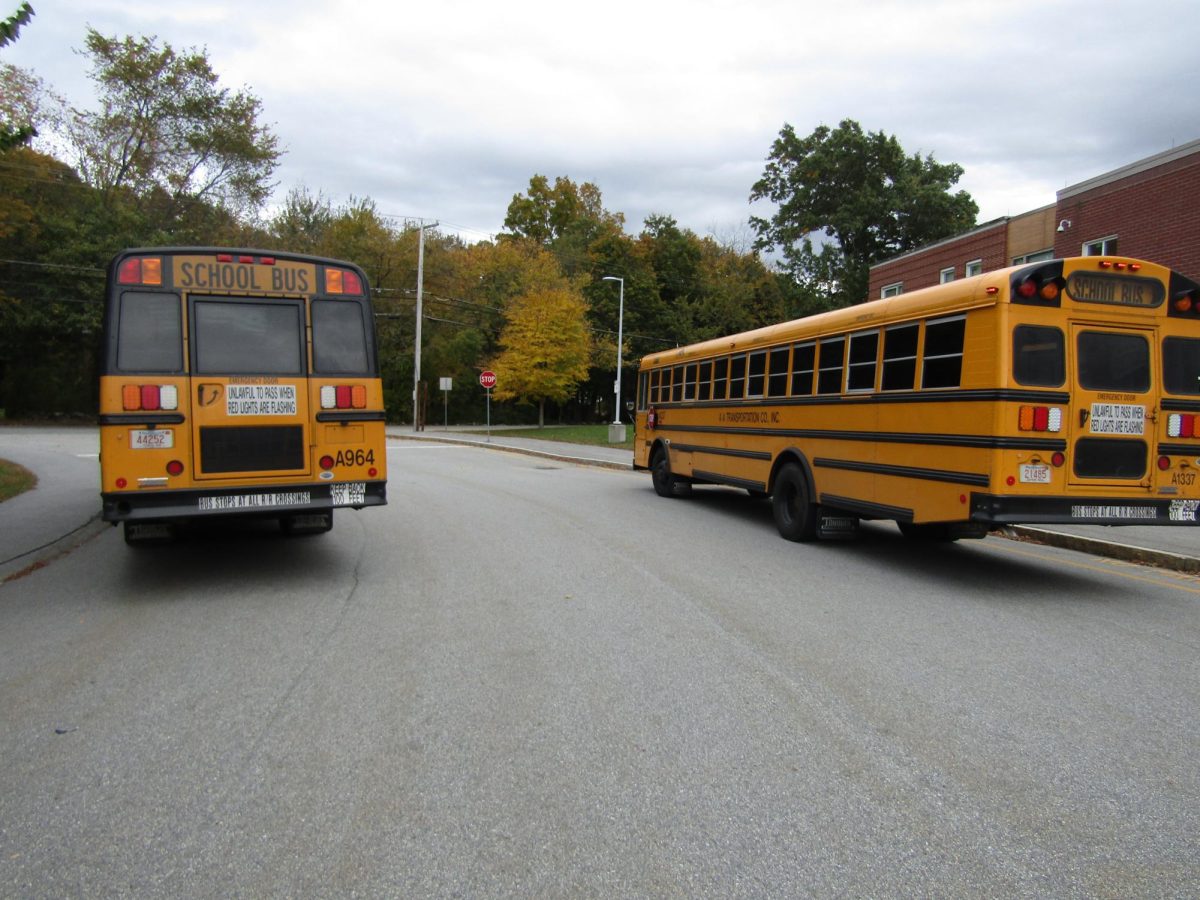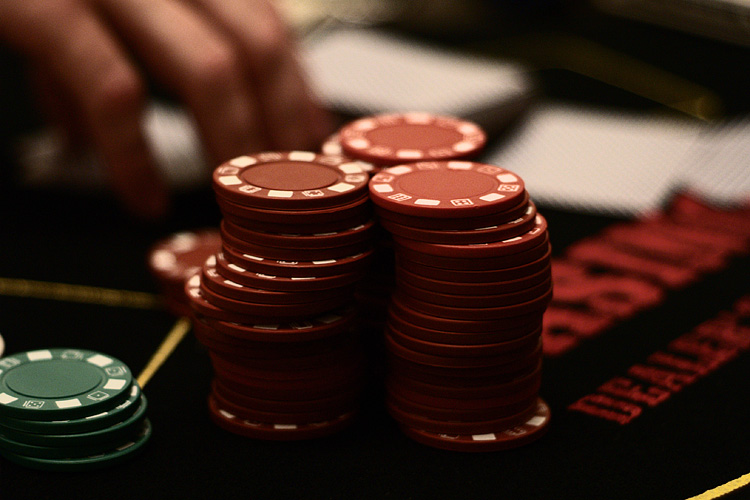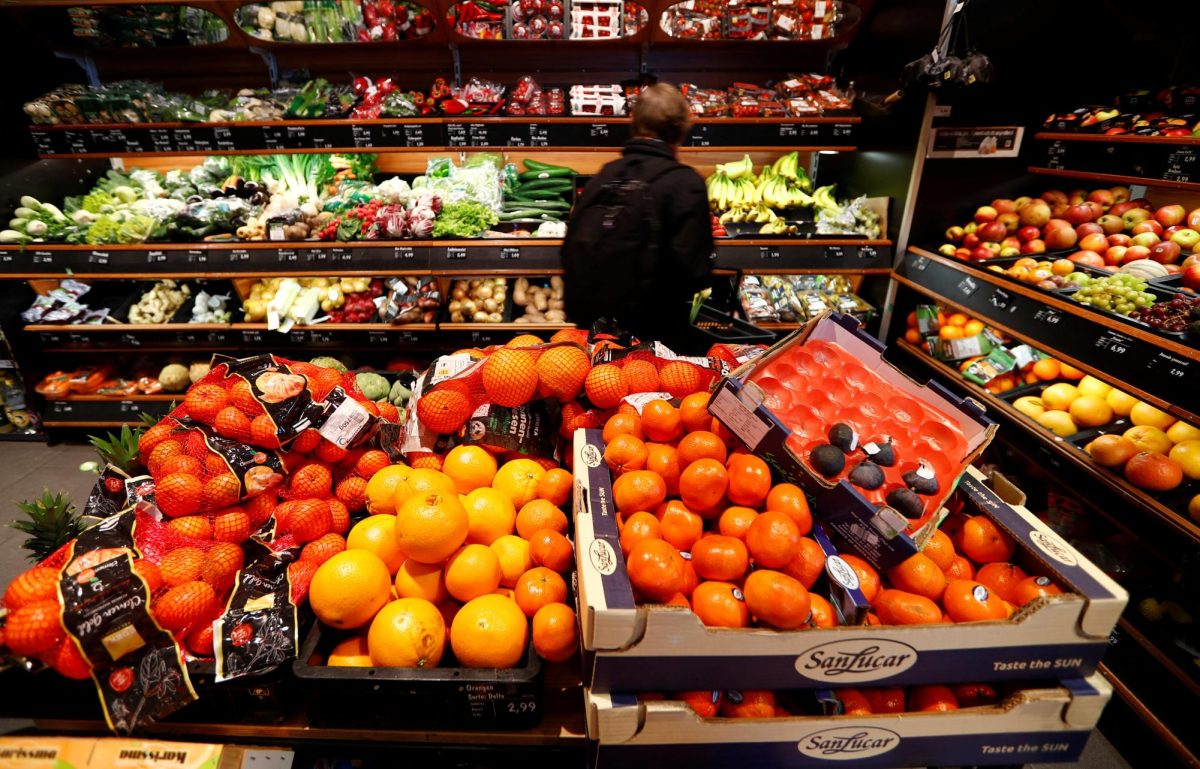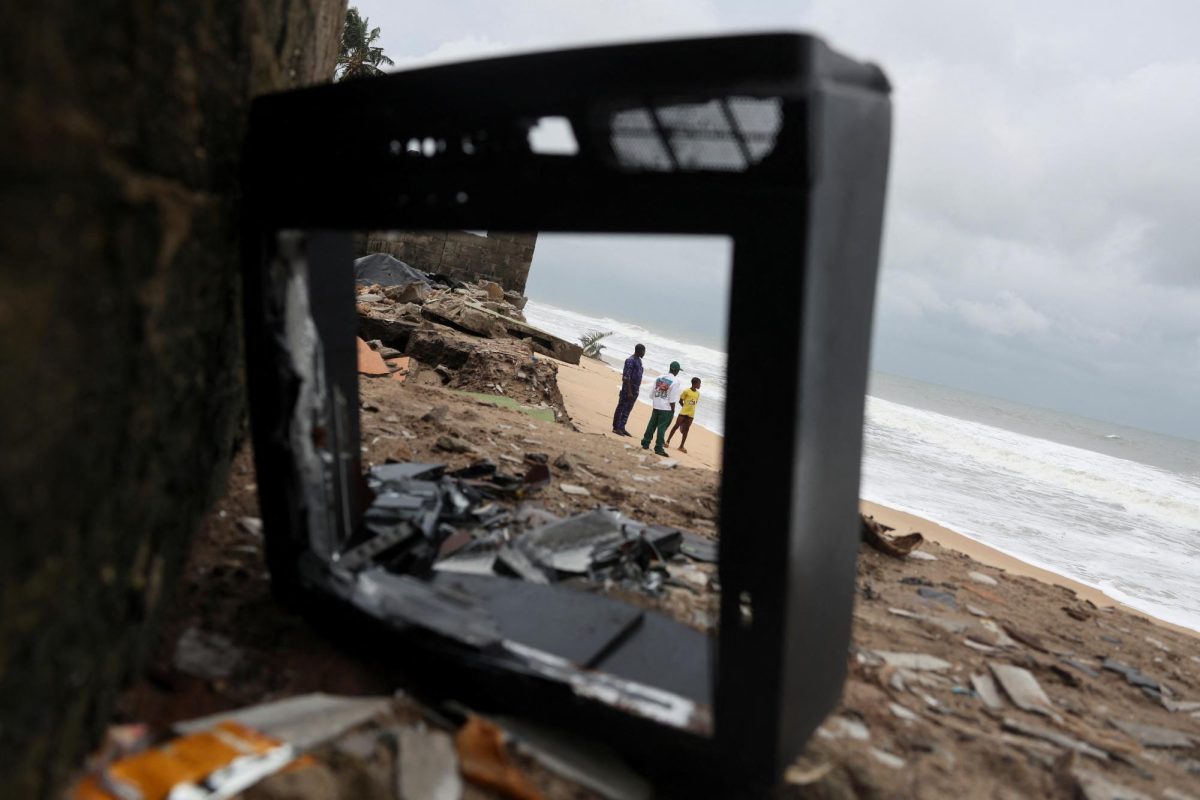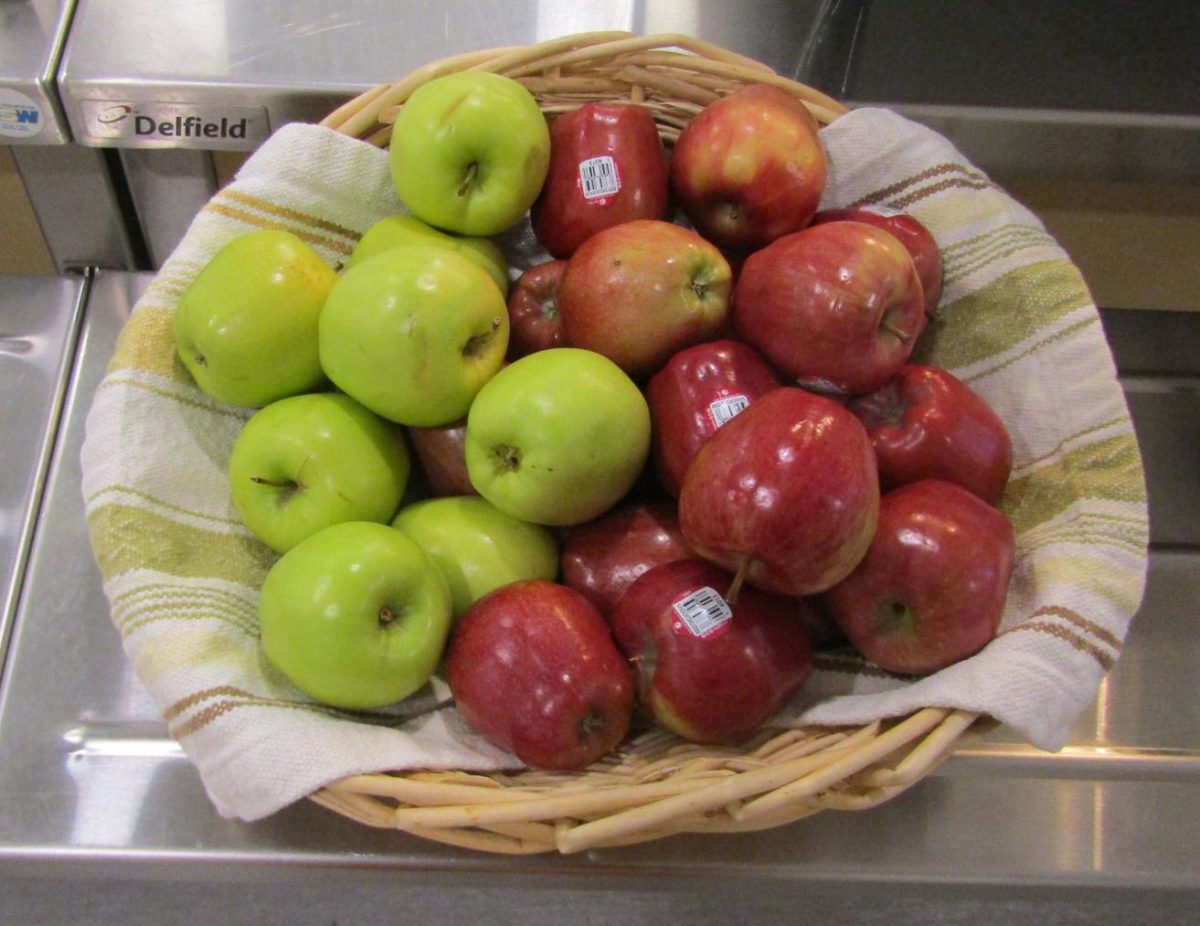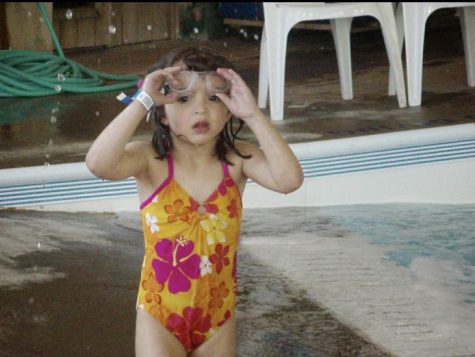How The Pandemic Affects Babies
Why pandemic babies are really “built different”
April 14, 2022
The pandemic has affected us in so many ways. People commonly say, “I can’t imagine being a kid during all of this.” Well COVID has been around for about two years now. There has been recent studies on babies born right before the pandemic and babies born during the pandemic. Here is what they found.
Cognitive Function Delays
JAMA Pediatrics has recorded data from infants and children and noticed a huge change in the babies born during the pandemic. They found that babies born during the pandemic scored in the 70 range for a test that babies would usually score 100.
Researchers believe that the cause of the babies’ delays is from lock downs and the lack of play time connected with quarantine. Babies usually are brought outside by their caregivers. During the pandemic we were urged to stay indoors and away from others. This caused stress to caregivers and made socializing near impossible.
Stressed Mothers
After research concluded that COVID did not affect the fetus in utero, they wondered if stress during pregnancy could be the cause of the developmental delays. Catherine Lebel, a psychologist who runs the DNL Lab at the University of Calgary in Canada surveyed more than 8,000 pregnant women during the pandemic. More than half of the women reported having anxiety and ⅓ feeling depressed, much more than pre-pandemic.
After the babies were born, MRI scans revealed that babies born to stressed mothers had different structural connections in their brains. The brain region involved is responsible for emotional processing and executive functioning skills.
Emotional Effects From Masks
Children born a few years before the pandemic are having to start preschool and kindergarten while wearing masks and social distancing. Many wonder if covering faces will hinder children from learning how to read facial expressions. In the 1975 ‘Still Face’ experiment by Edward Tronick, parents kept a still and expressionless face while interacting with their babies. The babies became wary and uncomfortable.
Tronick wanted to see if babies had the same reaction with a face mask. They seemed confused at first or tried to grab the mask but it did not make them uncomfortable. Masks do not seem to interfere too much with emotional and language perception. Although it is hard to get a small child to wear a mask, they can still interact with others just fine.
Anxious Babies
Katie Furguson, like many other mothers, has a baby that struggles with meeting any people outside of their house and has vocabulary delays. Her son Cliff, even had to be picked up from daycare due to “excessive crying.” Cliff was born six months prior to the COVID outbreak. He spent the majority of his infancy quarantining.
Last year before the Delta variant came out, Katie brought Cliff on errands with her. Cliff had extreme reactions to strangers, he would cry, grip on to Katie’s arm, and scream “no, no, no.” Cliff and many other children born during this time were sheltered and grew up in a world of fear. Parents like Katie became concerned for their children’s well being and future.
What Lies Ahead For The New Generation
Children are very impressionable. Their minds are malleable and will be able to adapt to normal life after a while like everyone else. Psychologists recommend parents have safe play dates with other children because socializing is key to emotional development.
Most of all, kids need attention and to play. Kids need to know they are loved. Taking breaks is recommended since parenting can be mentally exhausting. Having care-givers to watch children allows the parents to get rest and have time for themselves.
Children become products of their environment. Showering them with fear and seclusion will not help them. Knowing the difference between instilling fear and teaching safety is dire to a child’s mentality. By following psychologists advice, parents can change the way the pandemic affects the new generation.
We can bring back normal life, especially since the mask mandate has been lifted and almost everyone is vaccinated. This summer kids should be playing, swimming, and just embracing the joys of childhood.




